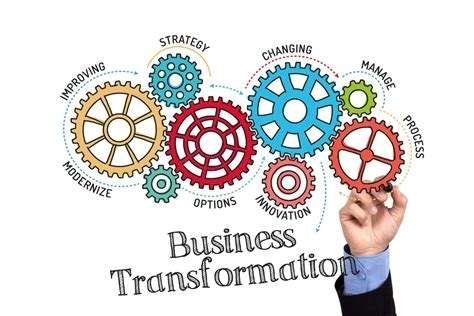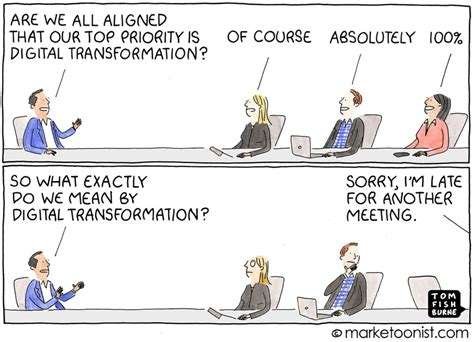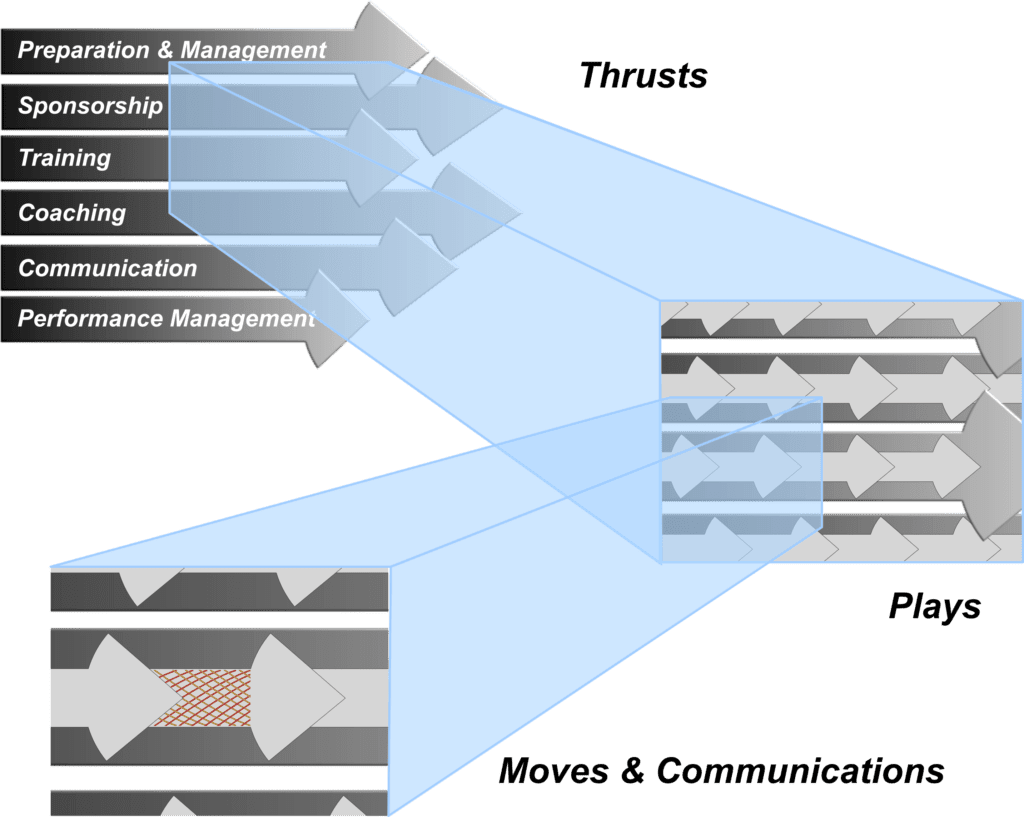Address
304 North Cardinal St.
Dorchester Center, MA 02124
Work Hours
Monday to Friday: 7AM - 7PM
Weekend: 10AM - 5PM
Every method and every skill level.

All you need to ACT.

The nitty gritty of change management.

The roadmap and guide to success.


$40 / Monthly Billing
$1.35 / Day
$480 / year
Introductory Offer
50% off
$360 / Yearly Billing
$1 / Day
$30 / month
$480 / year
Introductory Offer
60% off

$480 / Yearly Billing
$1.35 / Day
$40 / month
$480 / year
Introductory Offer
25% off
Discount applies to first subscription. Renews at regular, applicable subscription rate at end of term. Basic Flex initial subscription is 3-months after which renewal is monthly. First YEAR is at the Introductory rate. Month 13 and afterward renews at regular, applicable subscription rate.

Thrusts are the functional aspects of change management.
Plays are core set pieces for coordinated execution of one or more Moves and Communications that answers “How do I accomplish…?” relating to a Thrust.
Moves are the building blocks of activity to achieve a specific need. Moves are near-procedure, sequential “how to” actions that answer: “How do I do…?”
Communications include any project message to any audience to inform and instruct, or to facilitate another change management element.
All
Move
Play
Communication

To properly prepare, two related but distinct sets of activities ought to take place. The first is orienting the change management activities to the project specifically and within the larger context generally. The second is planning. In addition to successful change happening at the level of the individual, a key premise of this Playbook is that successful change is infinitely more probable with proper and full preparation. If you don’t call out things as they really are, your plans will address something else. Planning typically documents the thinking to create a high-level action map. This stage generally ends in transition to development against plan(s).
To develop is to finish the planning of all change management elements and execute on It is a period of curating and fabricating. For hard deliverables, the emphasis is on creation and staging the right existing and available materials where they’ll be ready for use. Other development depends on assembling. Sometime during this stage, word will start to get out to those that will be affected. It is appropriate and an optimal time to set a baseline for how ready these people are for the change. These insights will help calibrate messaging emphasis. Some development may have begun earlier and others will continue longer. “Making” is the core of this step. It will transition seamlessly into testing.
Test is dedicated to ensuring everything you plan to do will be the right thing done right, at least as far as change management is concerned. The focus here is to test the change management activities and the descriptions and instructions for how affected people are to alter their behaviour. The goal is to eliminate and avoid confidence-killing fails relative to change adoption. As with the other stages and steps, there are likely other things happening at the same time related to earlier (or later) Plays.
Train includes all activity to finalize and make all change management (and solution) elements deployment-ready. As the name suggests, now is when the change management program genuinely begins to apply its change support elements directly on those affected by the change(s) shifting downstream to impart knowledge and, moreso, ability. This step will be most recognizable to most people as actual change support. The outputs are obvious and directly affect people’s ability to adopt needed changes. Impacted people are being readied to understand and perform their work differently. It is a critical step.
Transition is intensely focused on implementation of behaviour change. Old notions and systems are replaced by new and impacted people must adjust. Change management activity is in the hands of trainers, coaches, and sponsors. For the change manager, this period is mainly about communication: it’s about reminding and encouraging active, vocal support from sponsors; supervisors and coaches get reminded to actively support with focus on specifics of the behaviour changes; it’s more encouragement and support for those affected by the change. Through Transition the message shifts from anticipatory to reinforcing. The shift from old to new behaviour will—and must be expected to—happen over some period of time that begins before and lasts beyond the launch day.
The project is launched, the impacted personnel have been informed, educated, notified, and should be adjusting their behaviour as expected. Remind is reinforcement-heavy. People are expected to change, but rarely do so easily, smoothly, or without relapsing to previous habits. Change management is forced to remind and remind until the new behaviour is in place. With that in mind, this step has two dominant, persuasion activities: coaching and communicating.
Perform, has two meanings. It can be the time to start realizing the benefits of the change. But the meaning that gives this step its name is that we encourage better performance by measuring that performance. There is only one prime objective: Solidify and improve the efficiency of the new behaviour(s). Those improvements must be revealed through the planned measurement. This step is when social proof is mobilized to support a normalizing of behaviours.
Turn over is about bringing activities to an end. There has been plenty of time to get the required behaviour changes made and locked in. There’s been time to apply reinforcements and, even if reinforcement is still required, the time has come to bring change to a close under the project. The operational control for ongoing reinforcement and refinement goes to the operational authority. Before closing the project and turning it over, a promotion of its success should be done. It’s organization self-talk directed to the culture overall and an important intrinsic part fo the project.
Learn Lessons is about tidying up and ensuring the benefits of the change experience are captured to persist for future benefit. There may be some hold-over administrative and organizational activities required to transition performance management to an operational authority—if these were not done earlier. These are activities to finalize and conclude the project, capturing knowledge for the future. Planned communication should be completed, though messages can be resent or reiterated to new audiences as needed.
